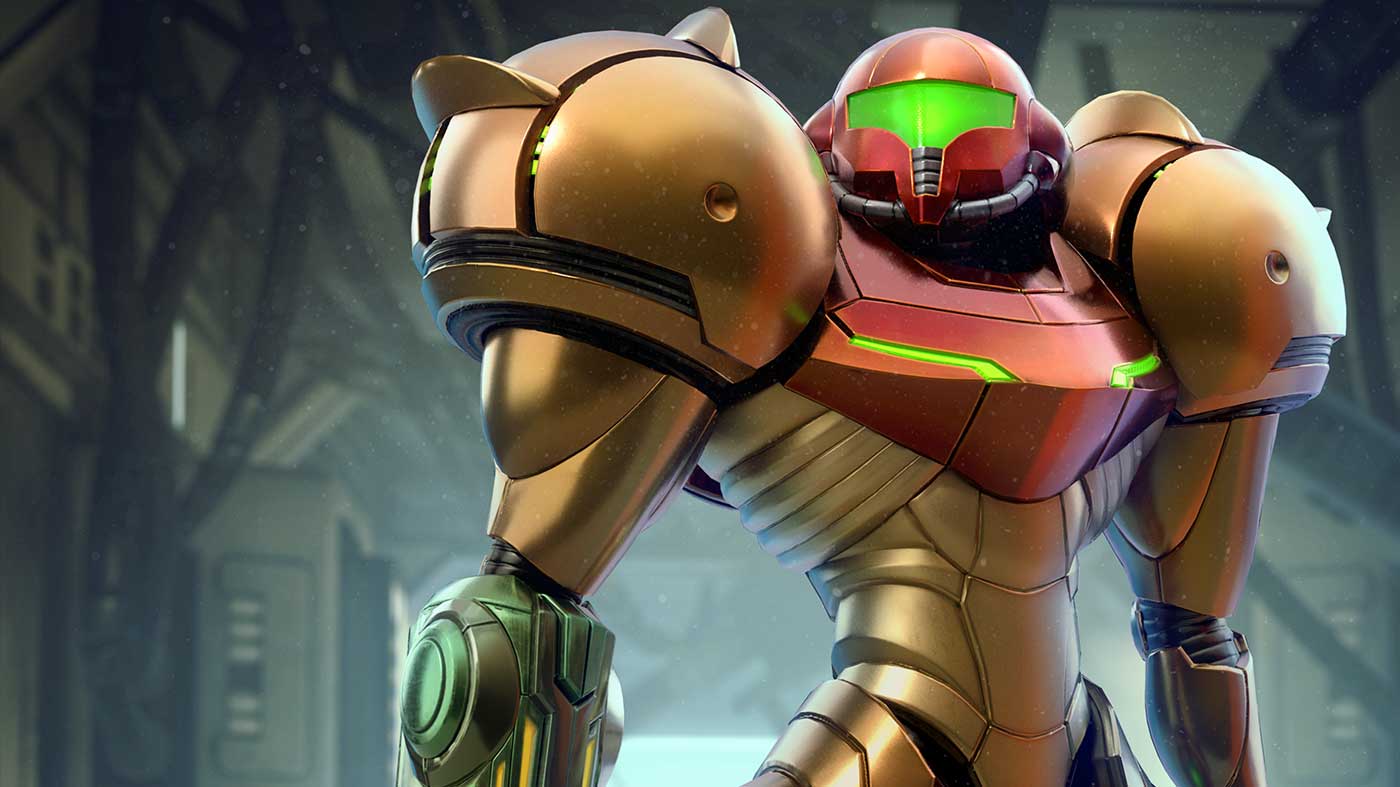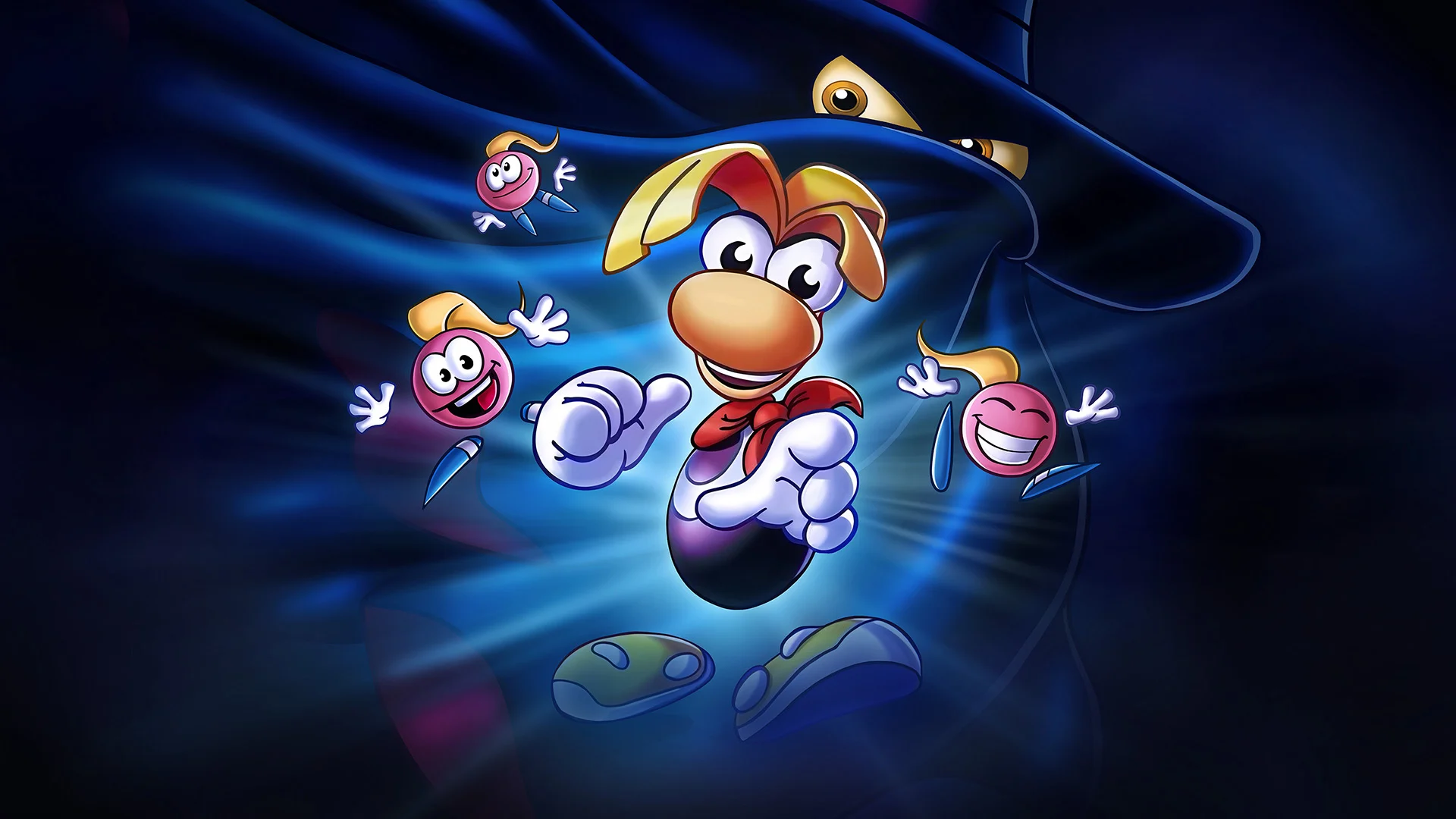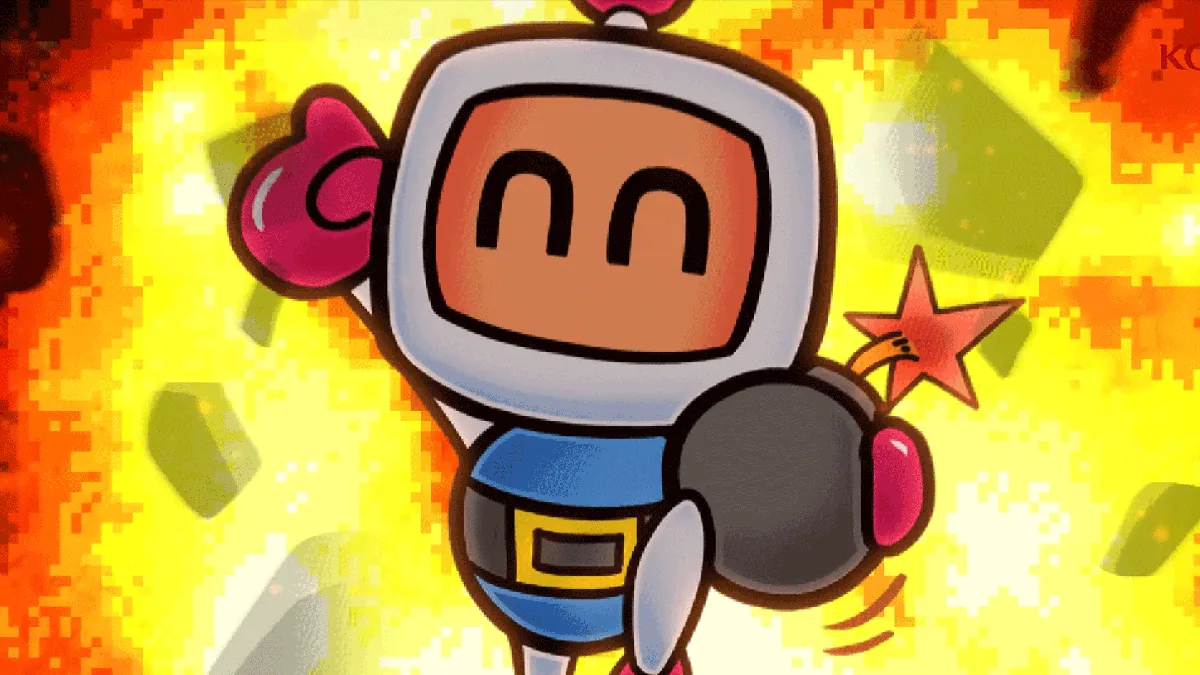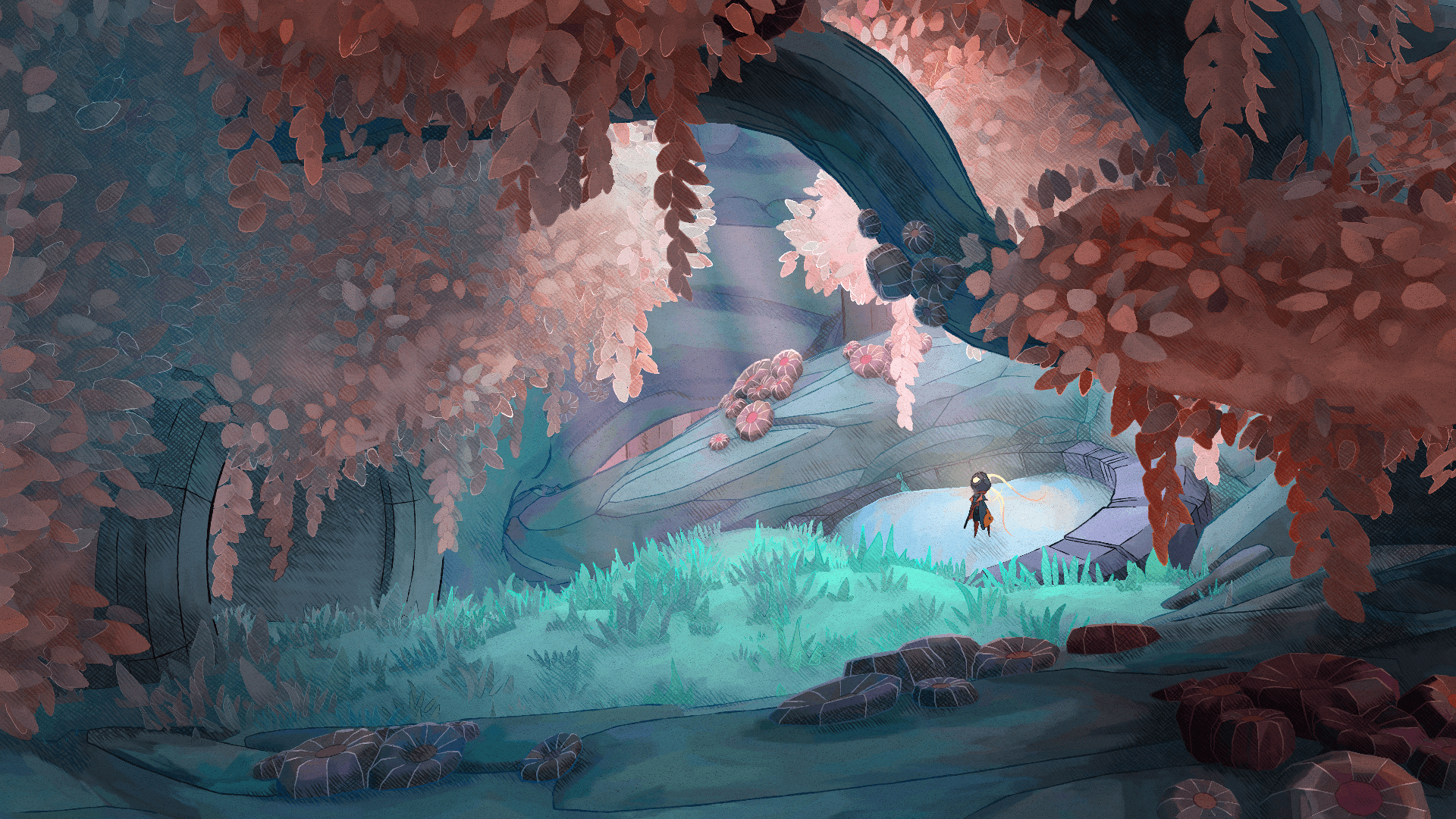Retro Studios’ Metroid Prime is perhaps the GameCube’s most influential release. Not only did it breathe new life into the franchise it’s a part of, but it kickstarted a genre that still to this day is trying to match the awe that that 2002 release had so much of. More than 20 years later, we’re graced with a remaster of that game, and lo and behold, it’s as much of a fantastic experience as it was back then.
Metroid Prime Remastered has long been a rumored project in the works for the Nintendo Switch, and it ended up being the big shadow drop for last week’s Nintendo Direct presentation, the first one of the year. While not the complete trilogy re-release, this remaster shows the potential for what all three games could end up looking and playing like, so to me it’s only a matter of time before both Echoes and Corruption, the two sequels to Metroid Prime, eventually make their way to the Switch in the same form as this.
Overall, though, out of the three entries, Metroid Prime is by far the best one, and it was definitely a smart move putting it out on its own. It’s the one that’s got the strongest presentation, feel of play and innovation, really. It set a standard for all future exploration adventure games, regardless if they were first-person or third, thanks to the incredible backdrop of planet Talos IV that offers countless reasons to explore.

Whether it’s its many scans spots that help reveal info on its fauna or the lore behind the people who once lived there, or the abundance of secrets dug deep into its map, I certainly couldn’t think of a better location for a Metroid game to take place in. It manages to evoke the feel of the very first entry in the series thanks to its sheer ambiance, which is made even more so the case with the brilliant work behind this remaster.
While not nearly as revolutionary in terms of chances like recent remakes of note such as Resident Evil 2, Metroid Prime Remastered is very faithful to the original version of the game, which let’s be honest it’s still very playable, so the few chances that there are here were implemented in order to keep that playability going in the form of updated controls. Then again, if you are nostalgic about the motion inputs from the Wii version of Metroid Prime, you’ll be happy to hear that they’re implemented in this one and work surprisingly well.
On the other hand, this can be played pretty much like a modern dual-stick shooter and it also plays incredibly well that way. If you, like me, were never a big fan of the GameCube controller, you’re going to appreciate having the option to play this with the Switch’s pro pad, and it handles like a dream. Heroine Samus’ movement remains unique to this game in the way that it’s both flexible, retaining the feel of rushing through the platformer that the series used to go by up to the point of its release in combination of a much more forgiving shooting/scanning mechanic in first-person.

It would be easy to keep gushing on and on about just how good Metroid Prime Remastered is when it comes to retaining what was part of the original, but let’s not forget about the absolute masterful work that has been done in updating the presentation of Metroid Prime as a whole. The original game is easily one of the better looking GameCube games around. It’s blurry for sure, but it retains a level of visual quality that’s in level with other titles such as Super Mario Galaxy, which when simply upscaled, already look incredible. That’s due to Nintendo’s well known level of polish when it comes to the art direction of its games, and Metroid Prime is no different when it comes to this.
But not all can be chalked up to the visuals. The sound work in this game is equally superb. Every area has its own aural theme, helping set the tone for the grand adventure within without getting grating or having to rely on bombastic compositions that quickly get stale and unmemorable. The best moments in Metroid Prime are the quiet ones that slowly build up as you inch closer to whatever objective you might be currently going for, and it’s during those that the game manages to capture you.
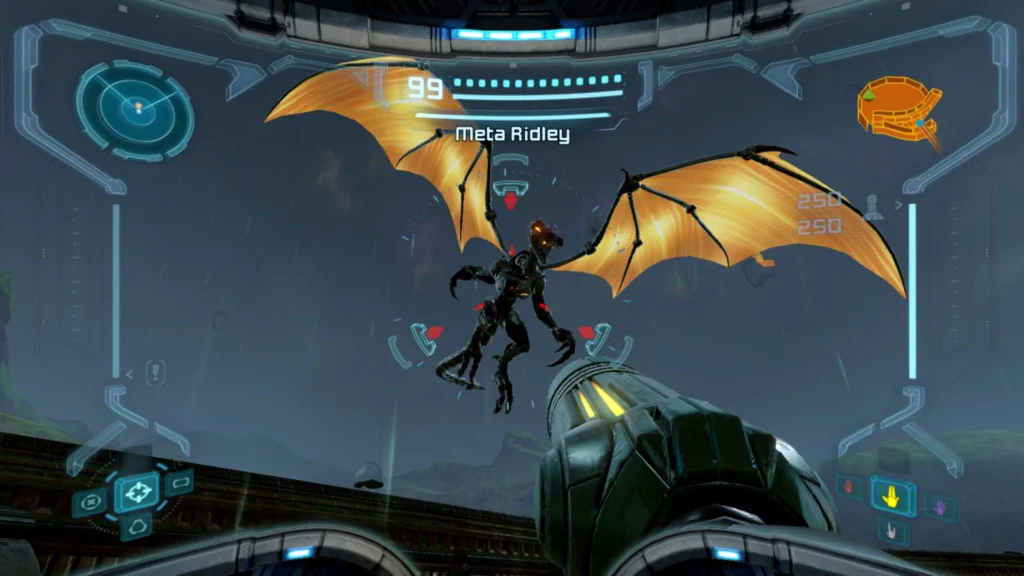
Metroid Prime Remastered doesn’t attempt to reinvent the wheel in any way, nor does it need to. If you are a veteran of the original version, you’ll know your path around this remaster as it’s exactly the same in structure. Then again, if it’s been a while since your last playthrough, there’s a lot to appreciate coming back to the game through the new version, be as it may, the same as before, its new coat of paint and ease of controls are bound to be appreciated.
And if you haven’t experienced Metroid Prime before, my friend, do yourself a favor and get started with this at your earliest convenience. You’re in for a treat. It’s a cliché because it’s true: there’s no better way to get into it than now, with the remaster. Metroid Prime Remastered makes one of the best games ever, which was previously somewhat expensive to obtain, readily available on the Switch for a fraction of the price that’s very much worth it regardless of the level of experience you might have with the original game.

